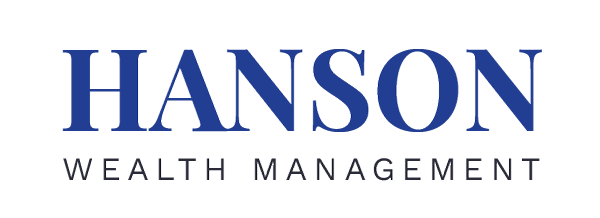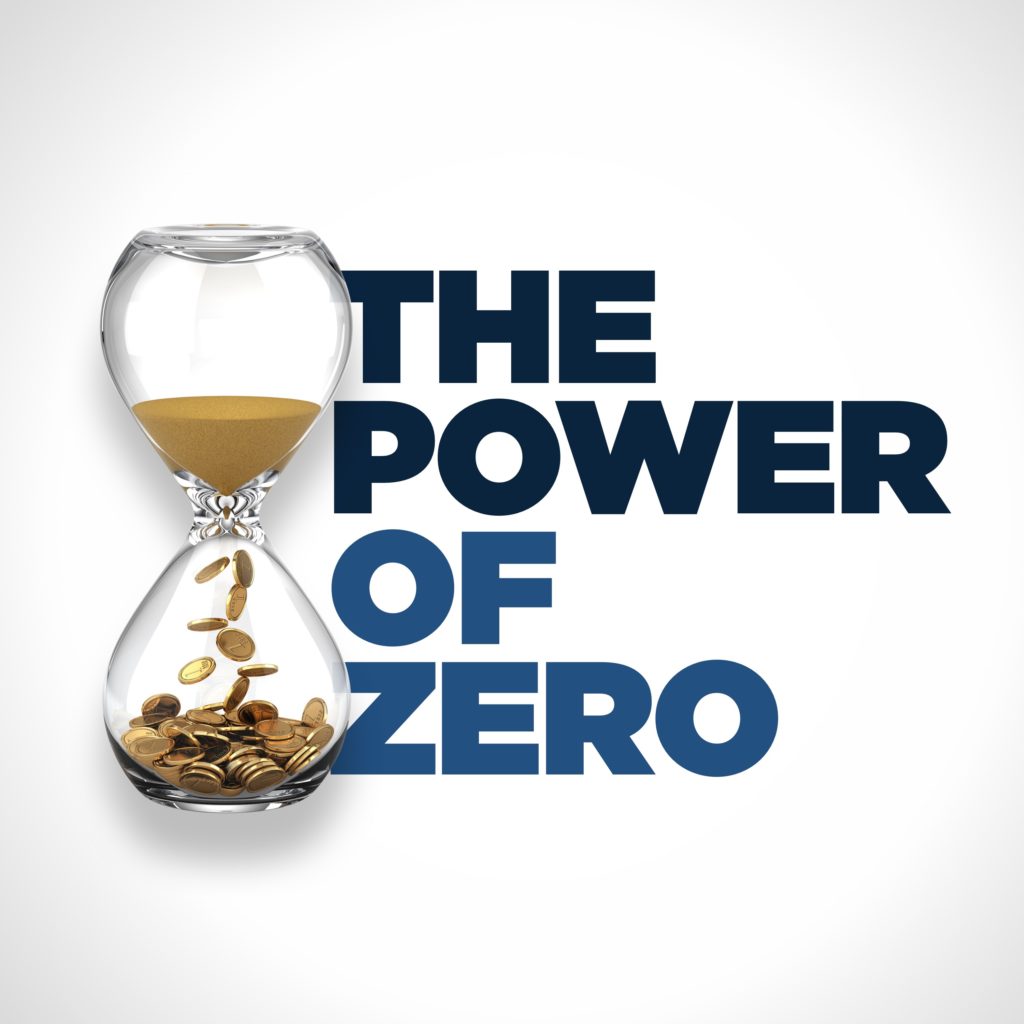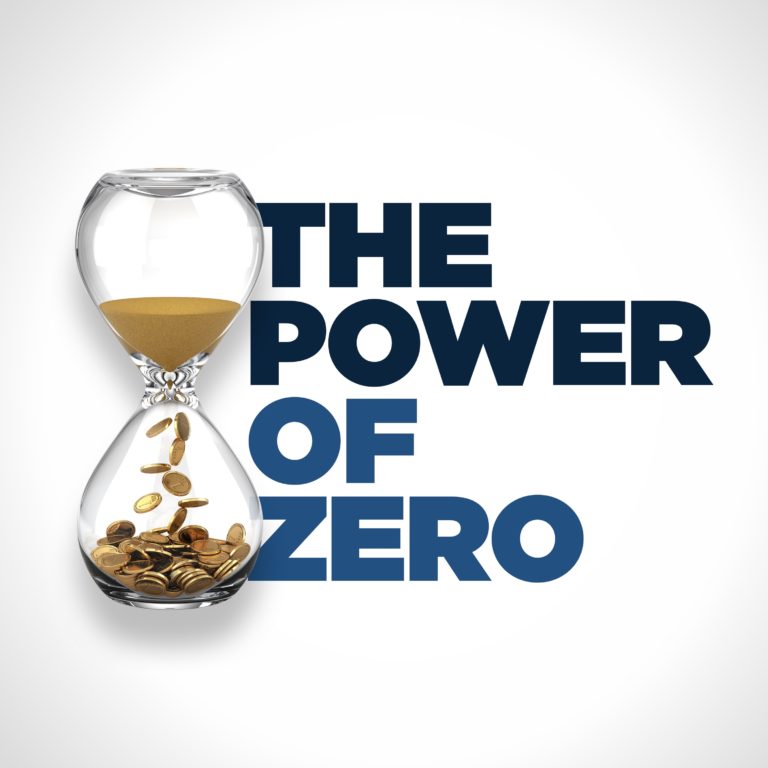When you come from a tax-deferred paradigm, it can really skew how you view the types of accounts that you are accumulating dollars in.
The main thrust of the reviewer’s critique is that we shouldn’t focus on minimizing taxes if that means that investment fees will leap up over the course of retirement. Of course, you shouldn’t build your financial plan while only considering taxes.
If you look at the financial path the country is on, we can make some educated guesses on the future of tax rates and adjust our financial strategy based on that. The Power of Zero paradigm essentially means that if tax rates are going to be higher in the future than they are today, then there is a mathematically ideal amount of money to have in your taxable and tax-deferred buckets. Anything above that should be systematically transferred to tax-free.
Life insurance policies do have higher fees than other potential investments, but only if you don’t keep the policy for your entire life. If you do keep it for your whole life, it becomes very inexpensive.
To say that you can go out and get useful advice about retirement for less than one tenth of 1% is to say that you are working with an advisor that isn’t making any money. The key is that if you’re going to work with someone who is going to help you navigate all the pitfalls that stand between you and the zero percent tax bracket, that person is not going to work for free.
The average rate of return of the S&P 500 over the last 30 years is about 8%, but the average return enjoyed by most investors is between 1% and 3% because they make decisions emotionally.
If you’re paying 1/10th of 1% to an advisor, you are getting what you pay for, and you will definitely not get any advice on when to move money from taxable and tax-deferred to tax-free.
When you take a loan from your life insurance policy, it’s not actually coming out of the policy, it’s coming from the insurance company with your policy, being used as collateral. There is a reason why hedge fund managers and banks are the biggest purchasers of life insurance.
All life insurance loans are tax-free, but not all of them are cost-free and we’re looking for both.
Roth accounts are mentioned all throughout the Power of Zero book because they come with a lot of advantages, but one of the things you can’t get is the safe and productive growth you can get from the LIRP.
The biggest selling point of the LIRP is the death benefit that doubles as long-term care. Baby Boomers are recognizing that one of the single biggest risks they face is long-term care.
David has never argued that the LIRP should be used instead of Roth accounts, it should always be used as another stream of tax-free income alongside those accounts.
We know that 53% of our country pays all of the taxes, with 80% of that being paid by the top 20%. In order to keep social security, Medicare, and Medicaid, we have to widen the tax base because we just don’t have enough people paying enough to keep them going.
If the highest marginal tax rate goes up, that has historically been a signal that the other tax rates will likely be going up as well. With the money that has been promised for those programs, there is not enough money available if we just tax the rich so that means the other tax brackets will have to go up in tandem.
David Hays found his mother’s tax return from the year he was born where they were paying around 30% of their income in taxes, despite not making much money. Even middle class people in the past paid comparatively high taxes, so don’t rule it out.
There are different viewpoints when it comes to the Power of Zero paradigm but you have to understand the relevant data before dismissing everything.



